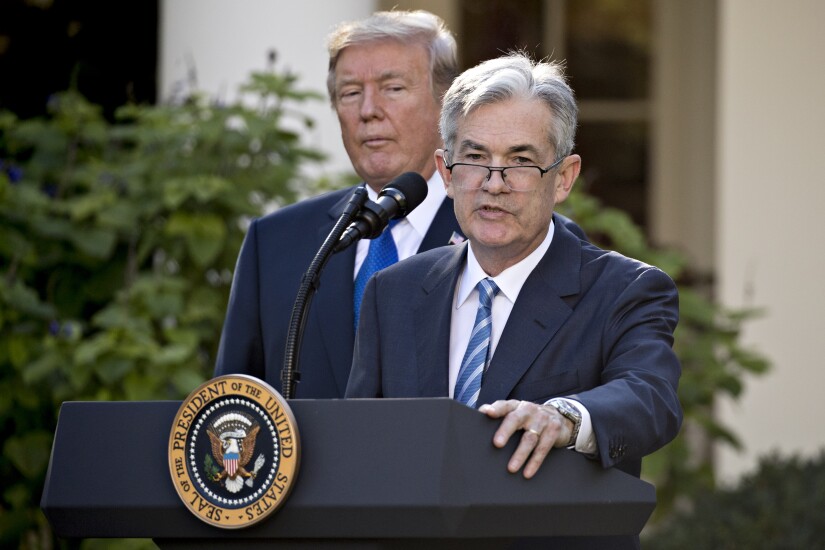Remember the Term Asset-Backed Securities Loan Facility? The ballyhooed Federal Reserve rescue plan rushed out in March,
If it slipped your mind, you’re not alone.
On Monday, the Federal Reserve Board of New York issued its latest monthly report to Congress detailing the ongoing utilization levels of TALF, along with other Fed lending facilities like the Primary Dealer Credit Facility and the Main Street Lending Program.
Through Aug. 31, the $100 billion TALF program had been tapped to the tune of only $2.6 billion.
Originally
Simply stated, investors have found TALF offering rates uneconomical in comparison to standard market pricing for new-issue ABS volume, which picked up in the third-quarter despite the scant involvement of TALF money.

“The Fed was absolutely brilliant in just announcing the program, and being super thoughtful about how it would essentially become a backstop for spread levels,” Christopher Long, president and chief executive officer of Palmer Square Capital Management. Palmer Square has utilized TALF via its own opportunity funds, but so far only for trading legacy commercial-mortgage backed securities.
The
The vast majority of TALF loans were for the purchase of U.S. Small Business Administration loan pools and secondary-market CMBS bonds (new-issue non-agency CMBS bonds issued after March 23 are ineligible).
Only a handful of loans TALF financed included investments in new-issue refinanced student loan pools (SoFi and Navient Corp.), but none for auto, credit-card or equipment finance ABS nor static collateralized loan obligations.
(The Fed had revised its eligibility rules in April to include CLOs after the leveraged-loan industry raised objections on their initial exclusion).









